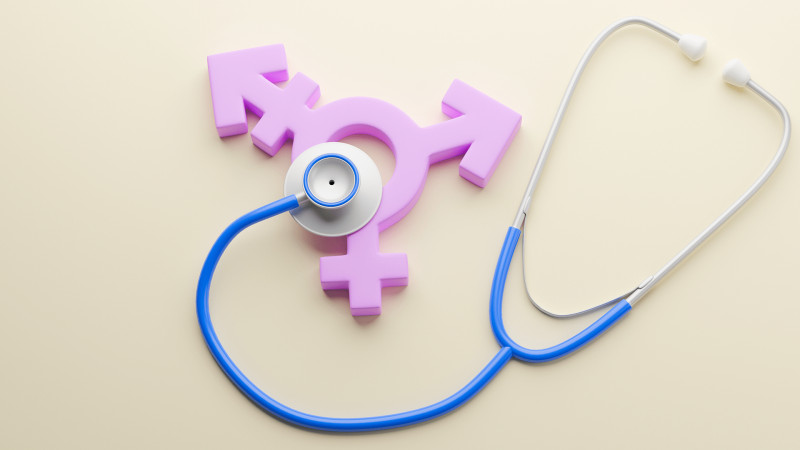Lesbian sex bans violates human rights
Lesbian sex bans declared human rights violation by UN for the first time
31/Mar/22
3476
Lesbian sex bans declared human rights violation by UN for the first time
The UN has become the first international law body to declare that criminalising lesbian sex is a violation of human rights.
On Wednesday, 23 March, a UN committee, the Convention on the Elimination of All Forms of Discrimination against Women (CEDAW), ruled against Sri Lanka’s ban on lesbian sex, meaning that for the first time, such bans are against international law.
In Sri Lanka, the colonial-era section 365 of the penal code bans “carnal intercourse against the order of nature”, and the crime can be punished by up to 10 years in prison, plus a fine.
The same section of the code also bans “any act of gross indecency” with up to two years in prison, plus a fine.
While it is often assumed that most laws criminalising homosexuality affect sex between men, Sri Lanka is one of 34 countries which also criminalised same-sex sexual activity between women.
The case was brought to the CEDAW by lesbian and LGBT+ rights activist Rosanna Flamer-Caldera, who argued that the law violated her human right to live free from discrimination.
The UN committee ruled that “the criminalisation of same-sex sexual activity between women in Sri Lanka has meant that [Flamer-Caldera] has had difficulties with finding a partner, has to hide her relations and runs the risk of being investigated and prosecuted in this context”.
Powered by Froala Editor



